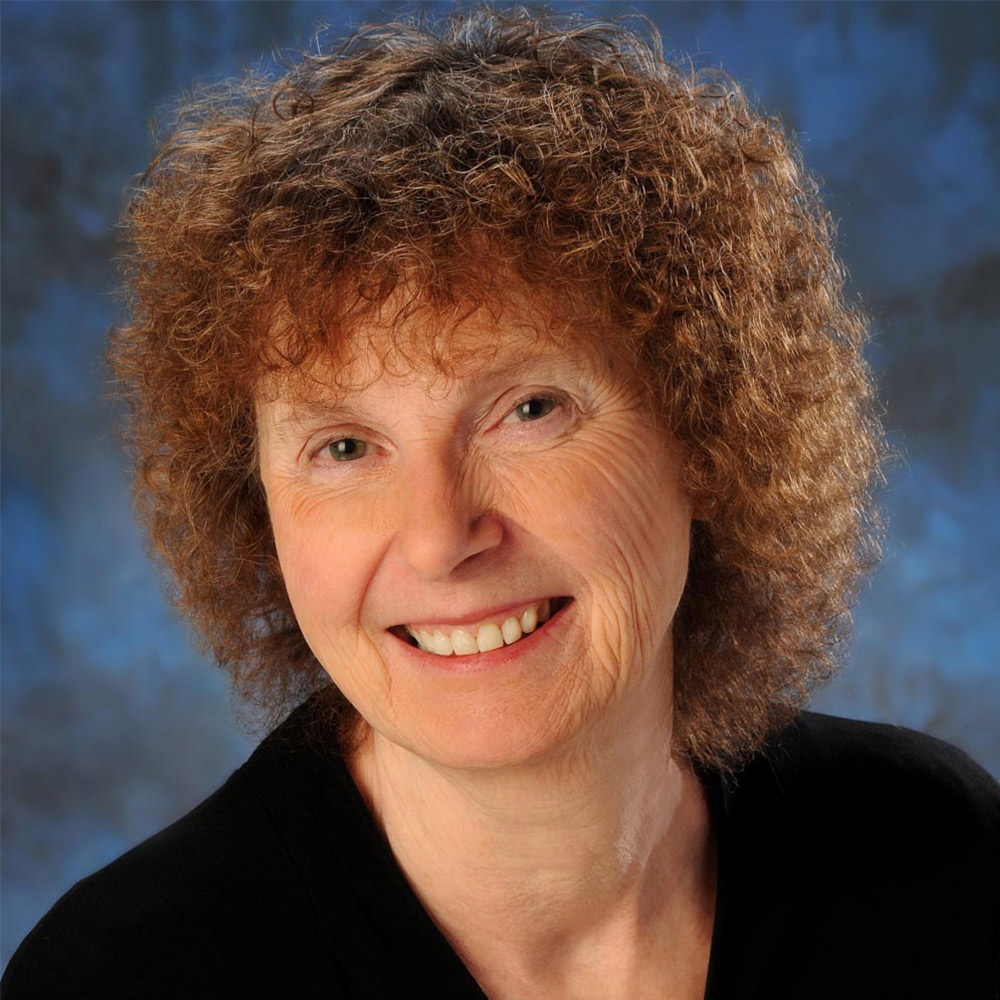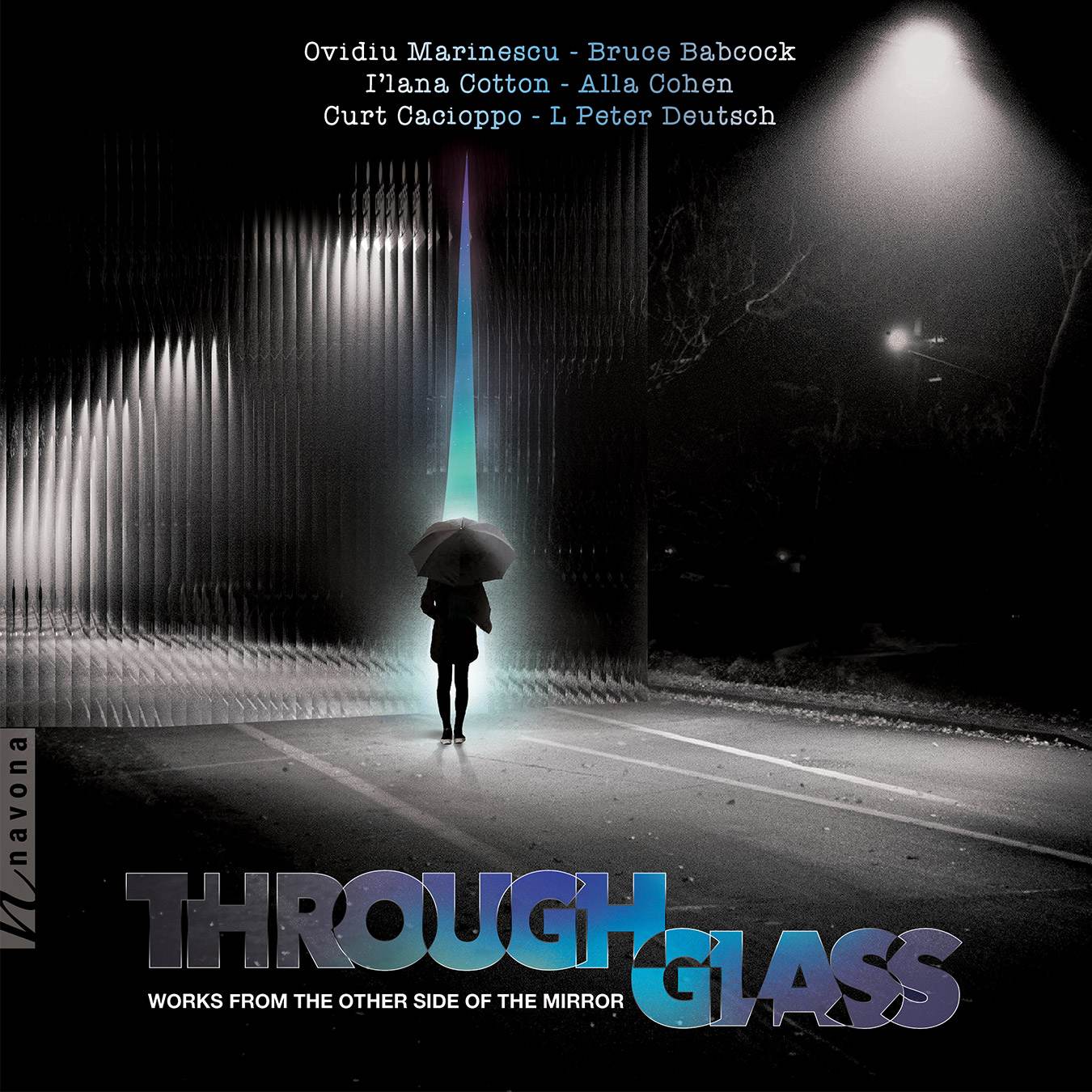
Navona Records presents some of the finest American voices of modern serious music on THROUGH GLASS, a brand-new compilation of recently-created works for piano – both solo and in chamber setups. This includes I’lana Cotton’s ambitious The Return for piano, violin, and cello which bridges the gap between Ancient Chinese philosopher Lao Tzu and French avant garde composer Olivier Messiaen – and that gap is smaller than one might think.
Today, I’lana is our featured artist in “The Inside Story,” a blog series exploring the inner workings and personalities of our composers and performers. Read on to discover how one visit to Tower Records proved revelatory to I’lana…
Who were your first favorite artists growing up?
When I was about 4 or so, my older brother started piano lessons, and I apparently demanded that I get lessons, too. I loved it when I was little, and loved to play for people, but, as is often the case, my teenage years brought serious problems with not liking/practicing the standard piano repertoire. In an inspired moment, my teacher assigned me a piano transcription of Gershwin’s An American in Paris, and I fell in love with it all again. After that came a solo piano transcription of Rhapsody in Blue, and then more exotic things like Danza Braziliana (Harold Triggs), The Maiden and the Nightingale (Granados).
When did you realize that you wanted to be an artist?
I did not immediately pursue music in college, largely because I knew that my chops weren’t really there for a concert career, and I didn’t really know there were any other options. I was already writing songs and piano pieces, improvising and playing pop/rock things by ear in all of my spare time, but it wasn’t until I was in Tower Records one day, and heard Hovhaness’s Mysterious Mountain on the store speakers, that my life changed totally into an intense pursuit of more serious composition. I dropped everything else in my life for about 10 years, because I had a lot to catch up on in the world of music. Over time, and lots of experimentation, I arrived at a sound which is truly my own voice, and now I sing my own song whenever I get a chance to share it!
What is your guilty pleasure?
I love puzzles and games that exercise my brain – I love Sudoku, Squigglies, photo slide puzzles, jigsaw puzzles, crosswords, and gin rummy. And (no guilt here!) I have loved touring (driving, hiking, photographing) the U.S. western states for many years – so many amazing and beautiful land formations and geographies, so many grand vistas, so many worlds of wonder, so many interesting people along the way.
If you could instantly have expertise performing one instrument, what instrument would that be?
I have long been interested in other “musics” of the world. I was lucky enough to study North Indian classical vocal technique for a while, and played in a Sundanese gamelan degung for several years. I really love to explain to myself how these other musics work (on the ear, on the body, on the emotions), and how the modes and forms which have evolved result in such different languages. While much of this cultural exploration can be done through listening intently, I would love to be able to play an instrument involved in such musical languages as Arabic, Persian, African, or Brazilian.
Is there a specific feeling that you would like communicated to audiences in this work?
I have long been inspired by visual artists, dancers, poets, thinkers, and other composers, especially those in search of what is timeless and sacred. My piece on this album, The Return, collects from various traditions and musical thoughts. The initial inspiration came from imagery in Lao Tzu’s Tao Te Ching, which says that the Tao is called great and that it flows far away, and then returns. This passage gives me an image of the universe and its energy in a ceaseless cycle of expansion and contraction. The mode I used is darkly beautiful and strong. For some reason, after I let the music travel “far away,” I was reminded of certain sections of Messiaen’s Quatuor pour la fin du temps, which have always seemed to give voice to the underlying patterns found in this place of No Time. Hence the second section of The Return is an “Homage á Messiaen.”

I'lana Cotton is a composer, improviser, and pianist who has created works for a broad range of genres, from solo piano and small chamber groups to large choral and instrumental ensembles. Her concert music has been performed in the United States, the UK, Europe, and China.

